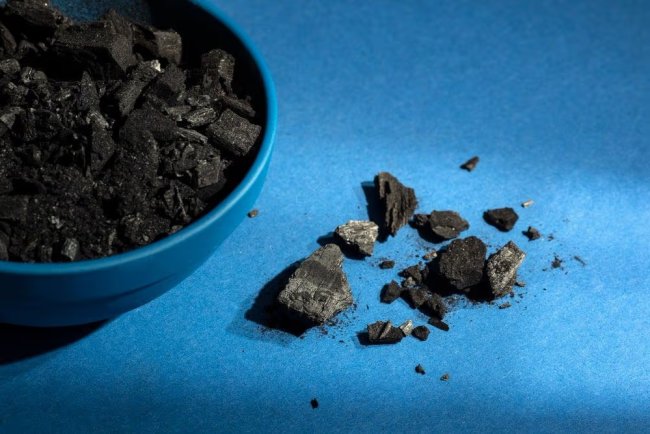Drax Biomass Trains to Use HVO in 2025

GB Railfreight (GBRf), the UK's leading rail freight services provider, has entered into a deal with renewable energy company Drax to fuel its 2025 full-year biomass haulage operations completely with Hydrotreated Vegetable Oil (HVO). It is a move towards the UK's goal of achieving net zero emissions as well as towards propelling the decarbonization of Britain's rail freight industry. By substituting conventional diesel with HVO, GBRf will be in a position to decrease its carbon footprint significantly as well as enable biomass for easy haulage in an attempt to develop renewable fuels. Shifting towards a Green Source of Energy
HVO is a biofuel substitute for fossil diesel derived from vegetable oil or animal fat after refining. It is cleaner in the way that it releases less carbon dioxide (CO₂) and nitrogen oxides (NOₓ) than regular diesel, and thus has an important part to play in cutting the greenhouse gas emissions in the transport industry.
The contract will see GBRf carry biomass from Tyne and Liverpool Ports to Drax Power Station, Selby, Yorkshire. Drax Power Station is a dominant force in the UK power sector, producing around 4% of the nation's total electricity and around 8% of its sustainable power. Using HVO, the partnership will reduce the footprint on the environment without compromising efficiency in operations.
A Decade-Long Partnership in Clean Energy:-
GBRf and Drax have been partners for over 12 years in the transition of the UK towards renewable energy. GBRf has exported over 15 million tonnes of biomass to Drax Power Station since 2016, sufficient to power nearly 4 million homes and businesses. The introduction of HVO further commits them to sustainability by averting supply chain emissions and cleaner fuels.
This transition belongs to the overall carbon-reduction policy of GBRf because it is supportive of the UK government's desire to make the UK a leader in clean energy. As rail freight aids congestion and emission reduction on the road, the shift towards HVO is an advancement in the business of carbon emissions reduction while still operating around-the-clock freight activities.
Impact on the Decarbonization Effort of the UK:-
The UK government has been investing heavily in sustainable energy programs in a bid to meet its carbon targets. A shift to HVO for rail freight is a national policy initiative to cut the use of fossil fuels. Using renewable diesel for freight, industry leaders such as Drax and GBRf are leading the way for the rest of the transport and logistics industry.
Use of HVO in freight trains also holds potential for increased sources of green fuel at industrial levels for other industries. Achievement with the project would encourage massive application of low-carbon fuels within other modes of transport, facilitating the long-term UK decarbonization strategy.
Green Rail Freight Prospects in the Future:-
The transition to HVO is a gigantic leap in the development of sustainable rail transport. As companies are trying to decarbonize, investment in renewable fuel and infrastructure will be essential to net zero emission. The railways will look for other cleaner forms of energy, such as electrification and hydrogen-based, to further boost sustainability.
As the push to reduce emissions intensifies, transport firm-utility company alliances will be on the frontlines of determining the future of the logistics industry. The GBRf-Drax partnership provides evidence of making renewable fuels financially viable in the haulage of freight, exemplifying how business can collaborate and make national climate policy a possibility.
Conclusion
GB Railfreight's transition to using Hydrotreated Vegetable Oil in transporting biomass to the Drax Power Station is a significant step towards enhanced sustainability for UK rail freight.
The application of this cleaner alternative compared to conventional diesel fuel in this setup is evidence of the company's dedication to emissions reduction and its increasing dependence on clean energy sources in the nation. With increasing low-carbon transport demand, efforts such as this will be instrumental in helping the industry create a greener and more sustainable future.
Source: GB Railfreight
What's Your Reaction?

















